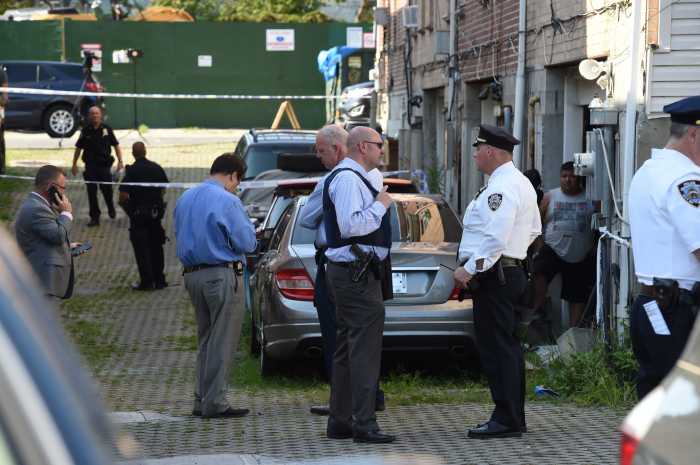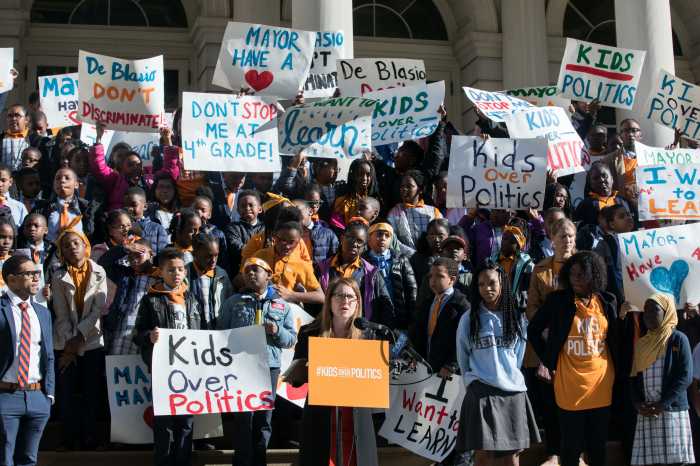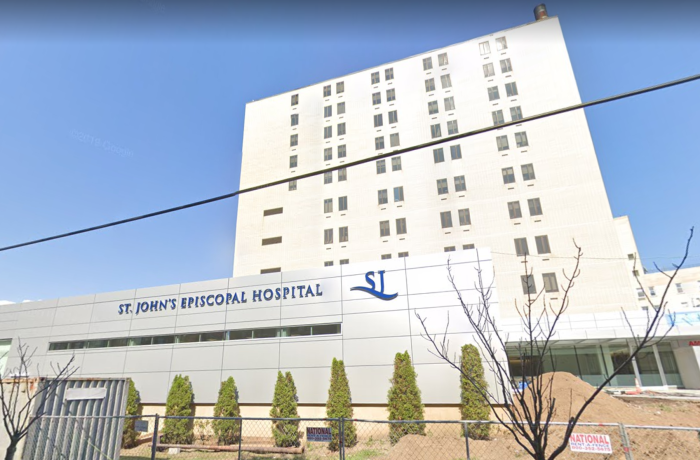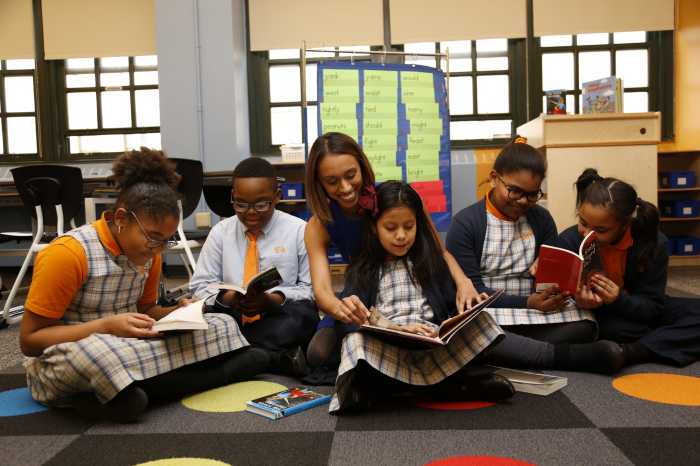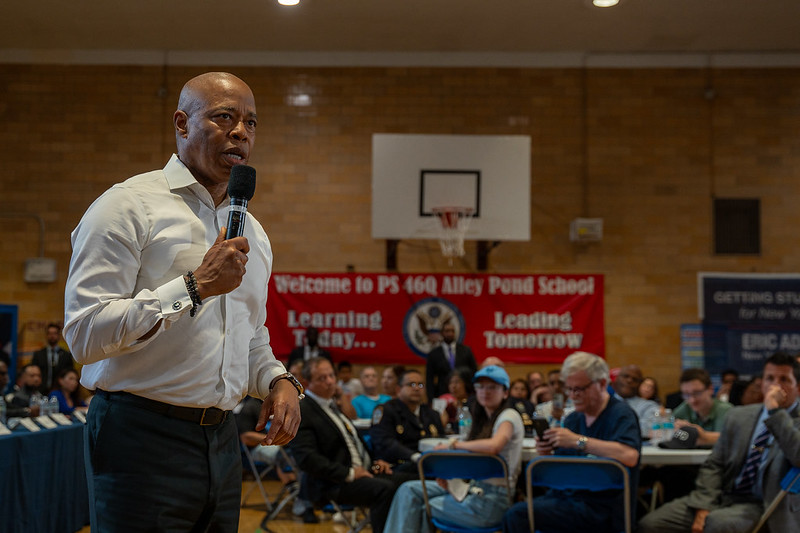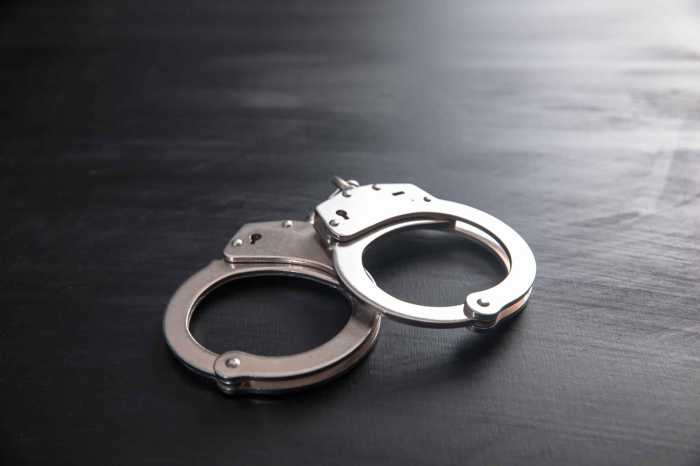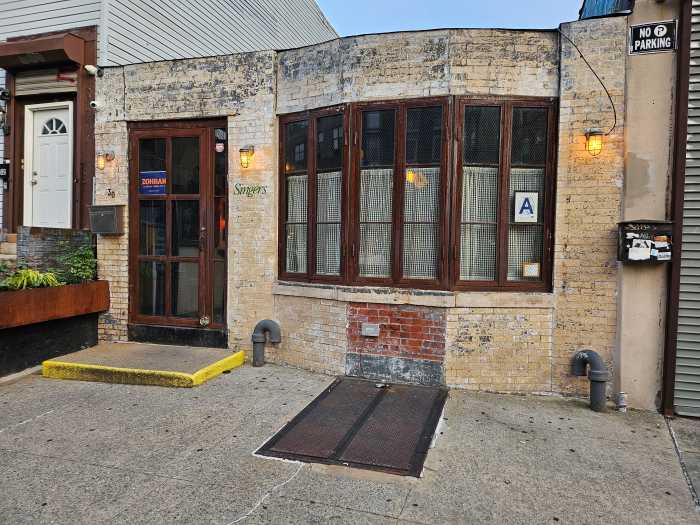In Brooklyn’s hotspot neighborhoods in the orange zone, state-mandated COVID-19 restrictions will be loosening up this week.
But that’s more than can be said about the red zones where Governor Andrew Cuomo plans to keep restrictions in place as containment of COVID-19 does not seem to be on track with an infection rate remains higher than anywhere else in the state at 5.5%.
This is only a small reduction from 7.7% in late September, according to Cuomo, who outlined that in order for a red zone to be downgraded in a populated setting, it must drop below 3% after ten days. Orange zones can be downgraded to yellow if it maintains 2% or less over the same period of time. Yellow zones must be under 1.5% to be cleared.
“A cluster does not happen unless two things happen: lack of compliance and lack of enforcement. That’s the only way it happens,” Cuomo said on Wednesday. “Is the community cooperating or is the community taking a hostile attitude and saying, we’re not doing it. We’re not wearing masks, we’re gonna violate the gathering rules, etcetera.”
Clusters in central Queens and the Rockaways have seen a reduction as well over the last seven days, being at 4.1% and 3.2% respectively at the end of September and recent samplings showing 2.5% and 1.8% respectively.
But that does not mean that Queens is in the clear just yet.
A yellow zone is being established in Ozone Park while the red zone in central Queens will go to orange and the orange zone on the map will change to yellow, the governor said. In Far Rockaway, the red, orange and yellow zones will now be yellow all over until the numbers continue to decline.
While Cuomo leaned on the infection rate in these areas, others concluded the governor’s decision was guided by the legality of the restrictions in these red zones.
This announcement came at the heels of a morning court hearing in the case of Lebovits v. Cuomo which saw parents from the Bais Yaakov Ateres Miriam, an Orthodox Jewish girls’ school in Far Rockaway, sue the state to open in-person learning back up.
“It’s unfortunate it took a lawsuit to bring us to this point, but we are grateful the Governor has heard our plea and taken action to loosen the restrictions on Far Rockaway,” Rabbi Nosson Neuman, menahel of Bais Yakkov, said in a statement. “At the end of the day, this is about the children, and getting our children and those of the entire community back into the classroom in a safe and legal way is the only goal.”
On Tuesday, Cuomo discussed the rise in cases in Connecticut and New Jersey, warning that any non-essential travel between these states should be avoided until further notice. The question of how New York state could even enforce a 14-day quarantine on these borders was immediately relegated to futility by governors from all three states.
But now Cuomo explained that the clusters right along the Pennsylvania marches with New York are an additional cause for concern, none of which can be helped by state police.
Forty-three states in the nation currently sit on New York’s travel advisory list which is mainly only enforced by Port Authority Police at airports.




